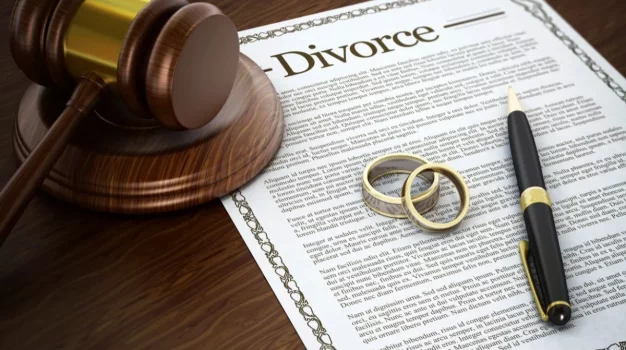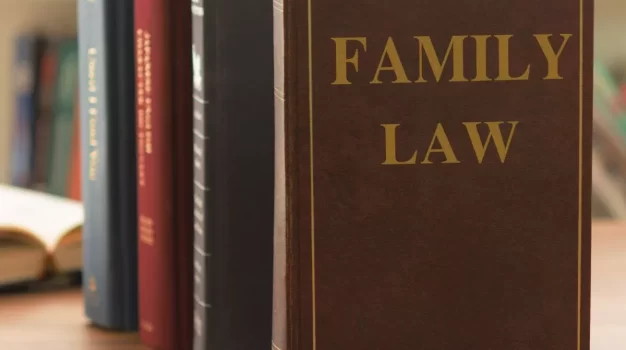How to Best Achieve an Equal Division of Assets During a Divorce
Equal Division is possible, here’s how to get there.
Few people envision that their gorgeous wedding day could somehow result in meeting with an Orange County divorce mediation attorney. When a marriage does end in divorce, it involves extremely difficult discussions and decisions regarding what happens next.
One of the most significant elements of these tough conversations involves how you’ll divide assets. While some couples attempt to accomplish this without the help of an Orange County divorce attorney, it can be much more complicated than you might think.
Here are some things you can consider when attempting to achieve an equal division of assets during a divorce.
The Ideal Isn’t Always Real
In any divorce, the ideal situation would be one where both parties can come together and rationally discuss how to split up assets, property, and debts. There would be a simple way to identify who should get what and how both people can move on amicably.
Life, sadly, is much more complicated than the ideal situation. Some pieces of property may have more sentimental value to one person over another. Assets like houses and cars can’t easily be split, especially if they have high values. It can be nearly impossible to come to an agreement.
Just because an ex-couple can’t fully agree on how to split their assets doesn’t mean the divorce has to go to court. Orange County divorce mediation attorneys work with couples without standing before a judge. This kind of mediation can save both parties a ton of time, money, and unneeded stress.
The Kinds of Assets Always Matter
State law usually dictates how the property has to be split. It really depends on whether your state is a separate or community property state.
Separate property means that property only belongs to one spouse. Imagine that you owned a house before you got married. The separate property states a typical decree that you still own that house after the divorce.
The same would apply to gifts or inheritances given specifically to you, proceeds of a pension or retirement account that vested before marriage, or stake in a business that took place before the wedding.
Community property is everything that you earned during your marriage. This could include money from your jobs that entered into a joint checking account, houses, cars, etc.
California is a separate property state — any property or assets that were acquired during your marriage can still be considered community property, but you generally get to keep things that were yours before you were married.
Keep in mind that anything that is coming led together can change status. For example, if you own a home and then retitle it after your marriage, it is now considered to belong to two people.
Community property is typically distributed as fairly as possible but that doesn’t necessarily mean that everything is divided equally. The court could grant each person a percentage of the property’s total value.
Don’t Forget Your Debts
Most people tend to think only about dividing assets during a divorce, that all their things equate to money. Keep in mind that you also have to deal with debts.
Debts are often considered in a similar manner to assets. If you have substantial student loan debts before getting married, those payments will stay with you. At the same time, debts that were created after the marriage are considered to belong to all parties. That means the court can divide these debts equally.
Dividing Property Yourselves
Even if you decide to try and divide up your assets without the help of a judge, it’s still prudent to work with an Orange County divorce attorney.
This lawyer can ensure that everything is documented appropriately and fairly. Mediation may seem like a straightforward approach to splitting up your assets, but it can be much more difficult than you might imagine.
Here are some steps that can get you started:
- Make a list of your belongings:
Some couples like to work together while others make separate lists to compare later on. The idea is to make a list of all of the items that you own jointly. This community property is what you’ll be dividing. You can remove items that you can both agree are personal things without great monetary value.
It’s also worth making a list of items that existed before you got married. The things that make this list should be generally uncontested. However, be careful since some items can become intermingled without you realizing it.
For example, the court views pets as property, even though they are more than property to their owners. You might have had a dog before you got married, but your spouse might have become attached to the dog. If your spouse acted more like the primary caregiver, it could cause some conflict when it’s time to decide who gets to keep them.
- Value the property
Once you create a list, omitting anything that might be contested is important. It’s time to agree on a value for each item. Some items will be more naturally decided than others.
You can look up comparable items, check receipts, or simply agree on values. Other items may prove to be more challenging to value. In this case, seek help from a disinterested third party.
- Agree on the logical owner
Go back through your list and mark off things that make sense for one person to have versus the other. You’ll find that many items will naturally feel more appropriate for one person to take.
Start with the most significantly valued items and work your way down. Make a note of anything that can’t quickly be decided. You can come back and negotiate on some of these items. This is where an Orange County divorce mediation attorney will really be able to help.
Get Approval
If you can come to a final agreement of how your assets will be split, the court may simply sign off on your deal. A judge may not agree if one party seems to be taking a lot less than half of the property, especially if that person doesn’t have a lawyer.
You may also need a judge to help finalize the split of anything you couldn’t agree on during your negotiations. Working with an Orange County divorce attorney will ensure that your contract has the best chance of being approved.





